
Category:
Time:
Food manufacturers introduce more environmentally friendly processes to account for increasing sustainability concerns. However, these processes often accompany a reduction of product shelf life, limiting the delay of sales to future periods with higher prices. A framework has been developed to analyse the impact of shelf life on the trade-off between economic and environmental performance of two types of dairy products. Since the differences in shelf life have their key impact at the tactical planning level, an optimization model has been developed for this aggregation level. Its objectives reflect profit and relevant environmental indicators. A rolling horizon scheme is used to deal with price uncertainty, using Eurex futures as price predictors. The framework uses these tactical planning results for strategic decisions on product and process selection.
A case study contrasts traditional milk powders against novel milk concentrates. Concentrates require less energy in processing but have a shorter shelf life. Results show that powders offer a potential profit benefit of up to 34.5%. However, this economic value of shelf life is subject to a priori perfect price knowledge. If futures are used as price predictors, the value of shelf life is reduced to only 1.1%. The economic value of shelf life is therefore not a strong argument against the substitution of powders with more environmentally friendly concentrates. Two objectives, profit and eutrophication potential, are shown to be sufficient to capture trade-offs in the case. Several product mixes are determined that omit powders and perform well with regard to profit and environment.

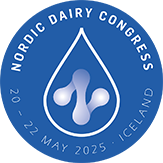







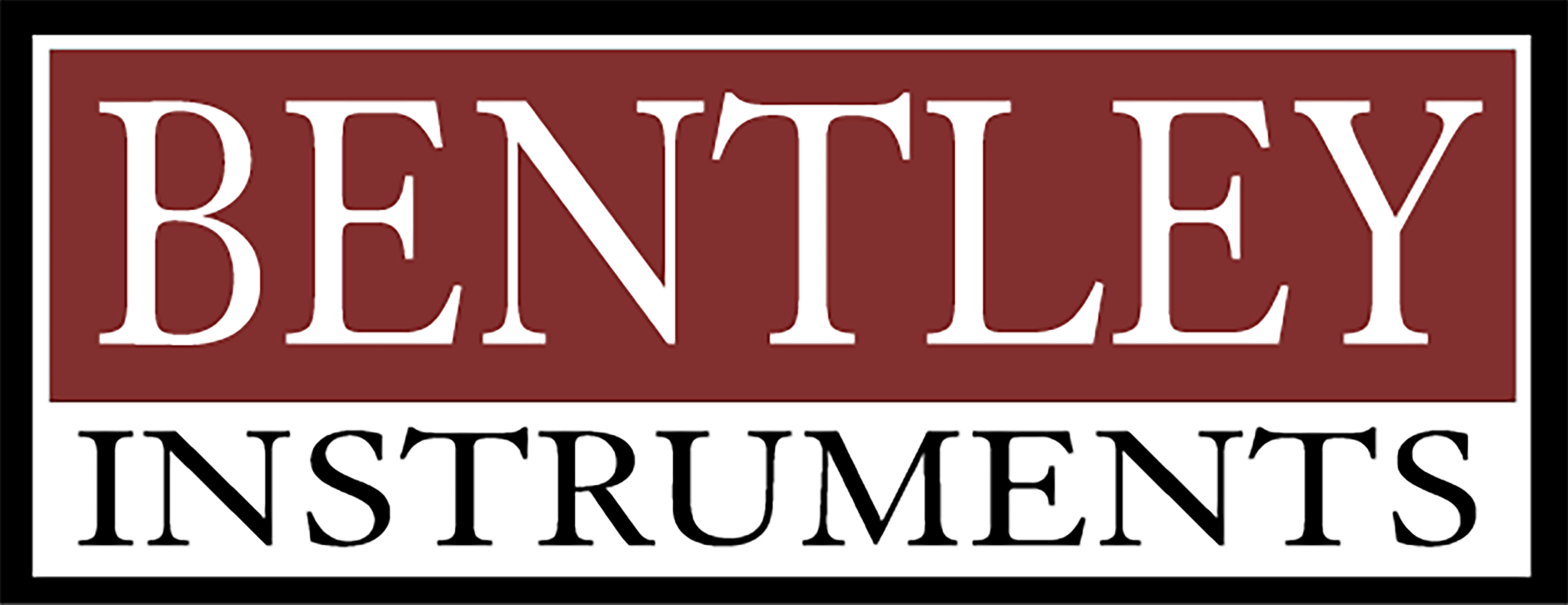
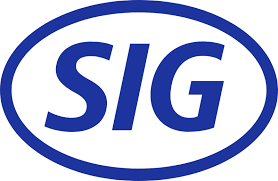
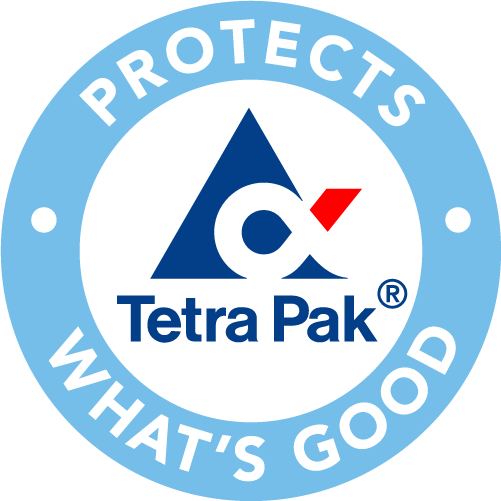


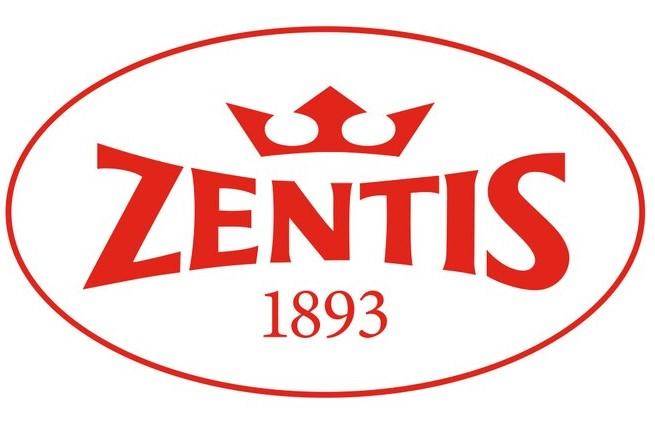
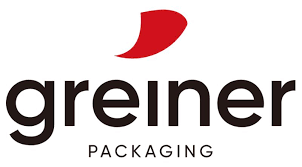
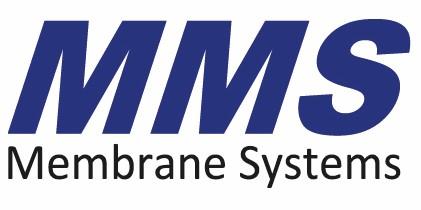


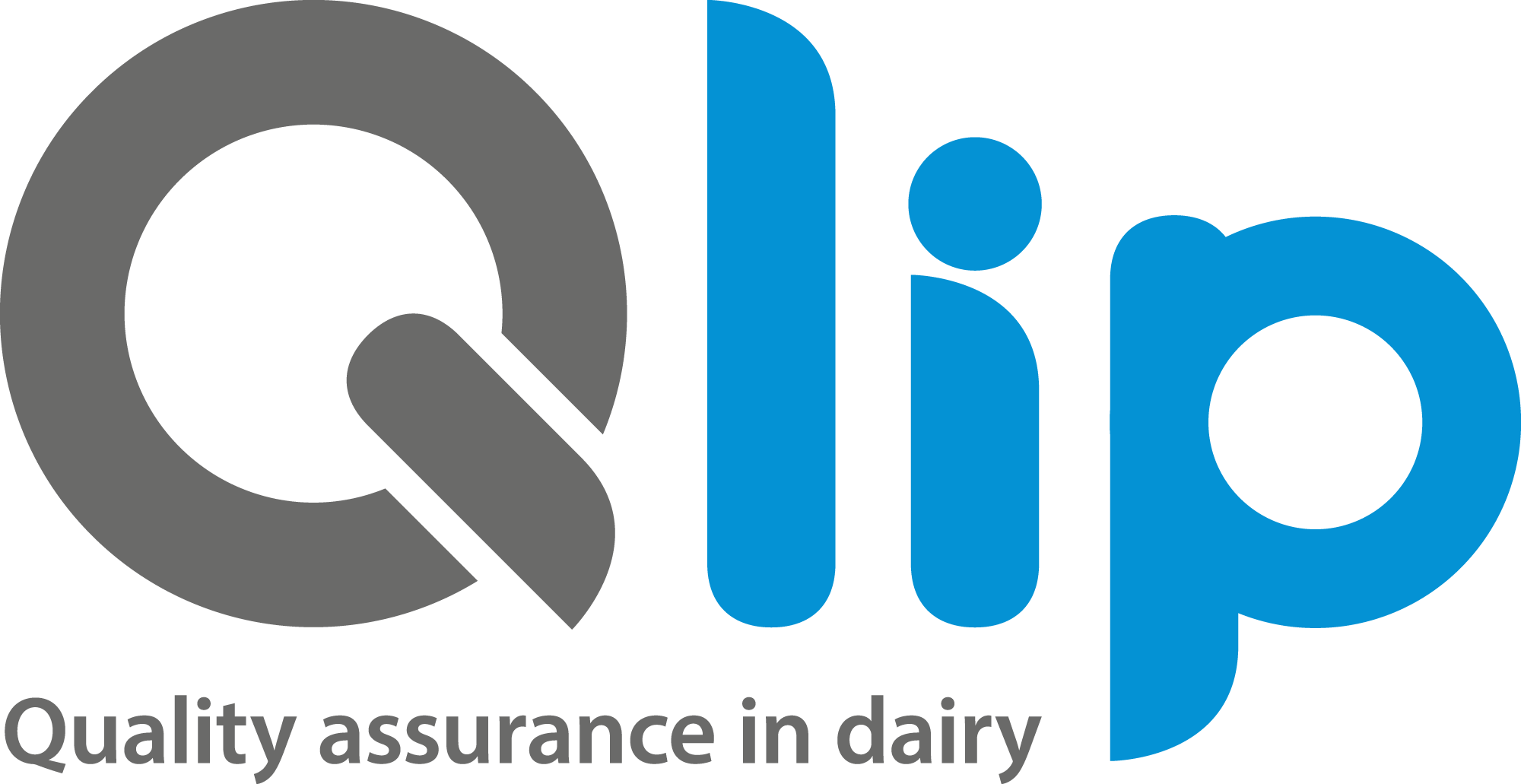
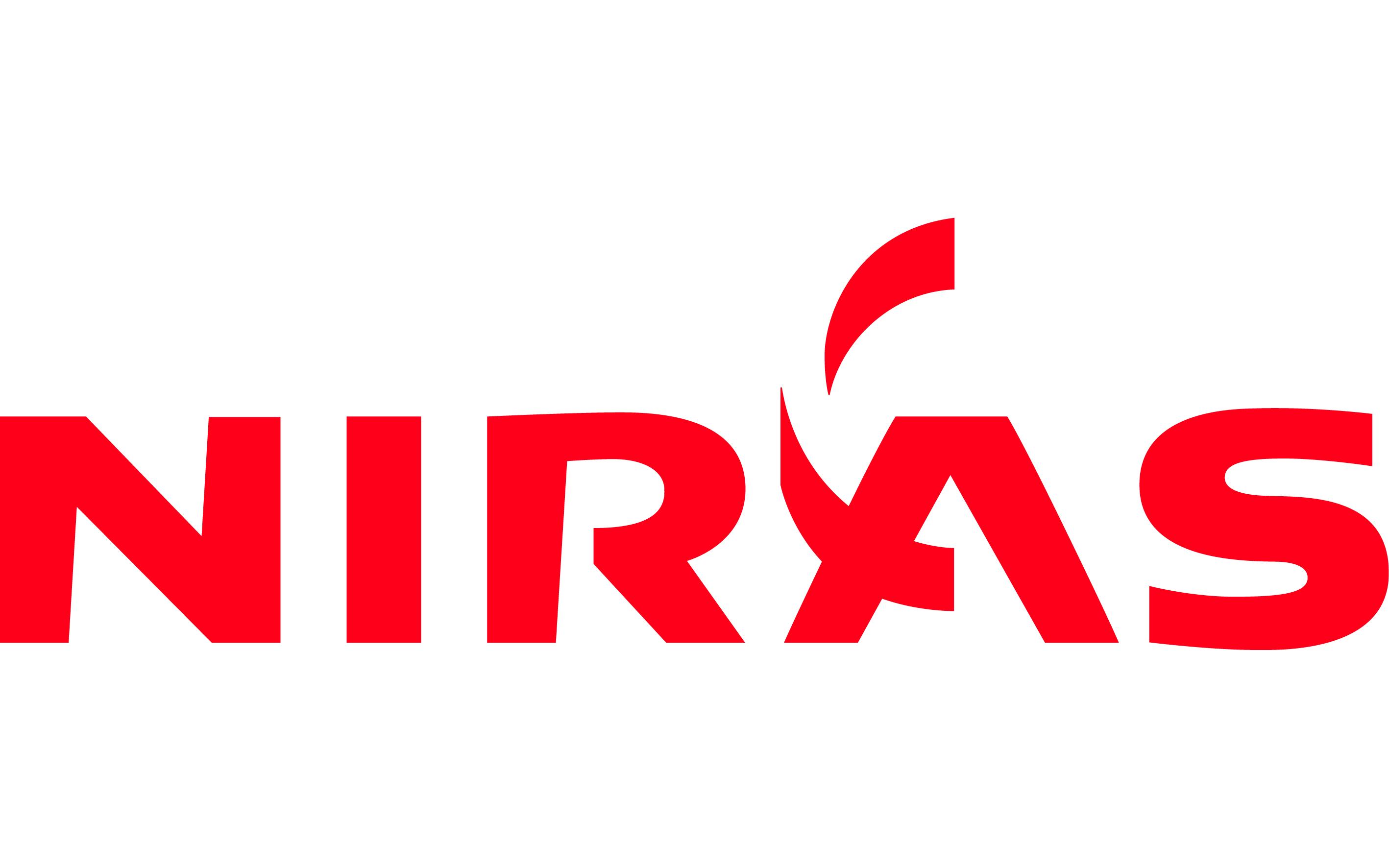
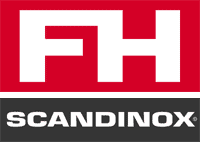

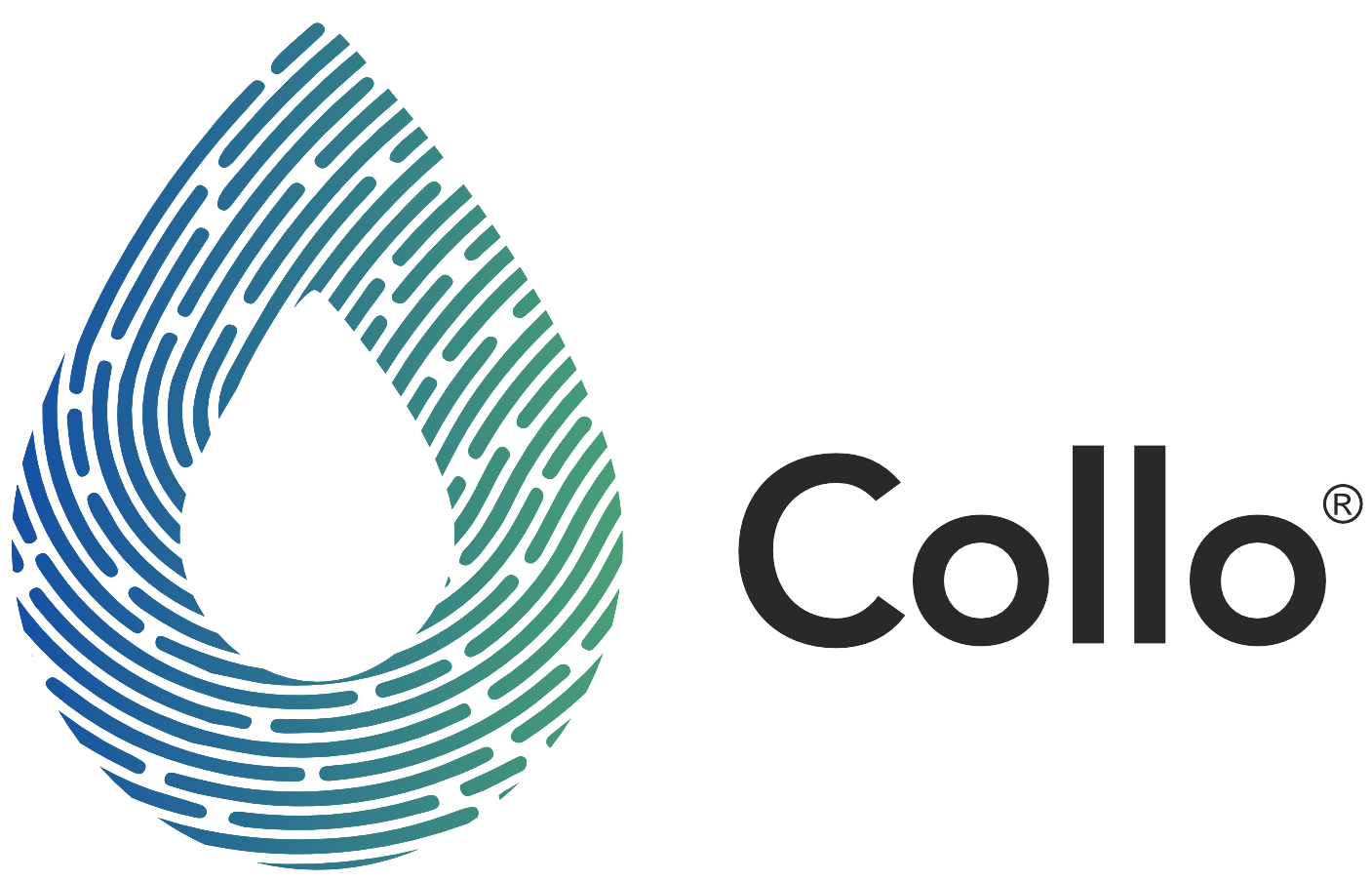
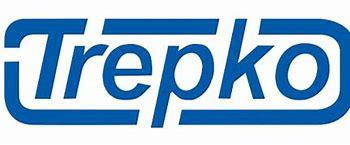





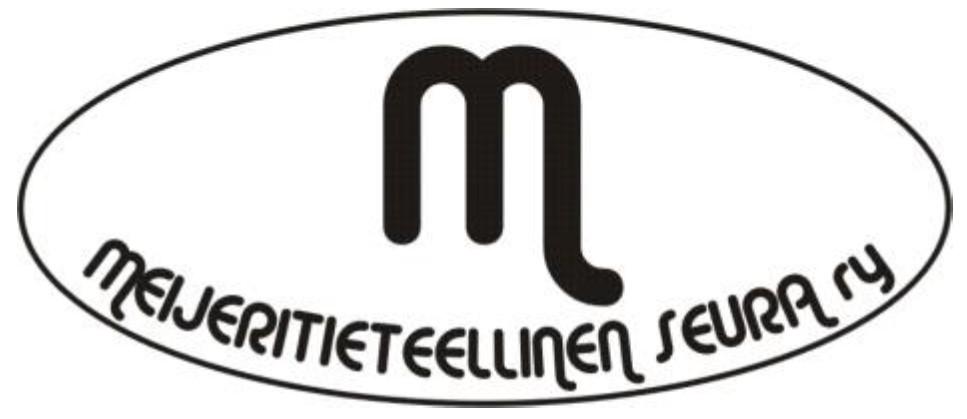
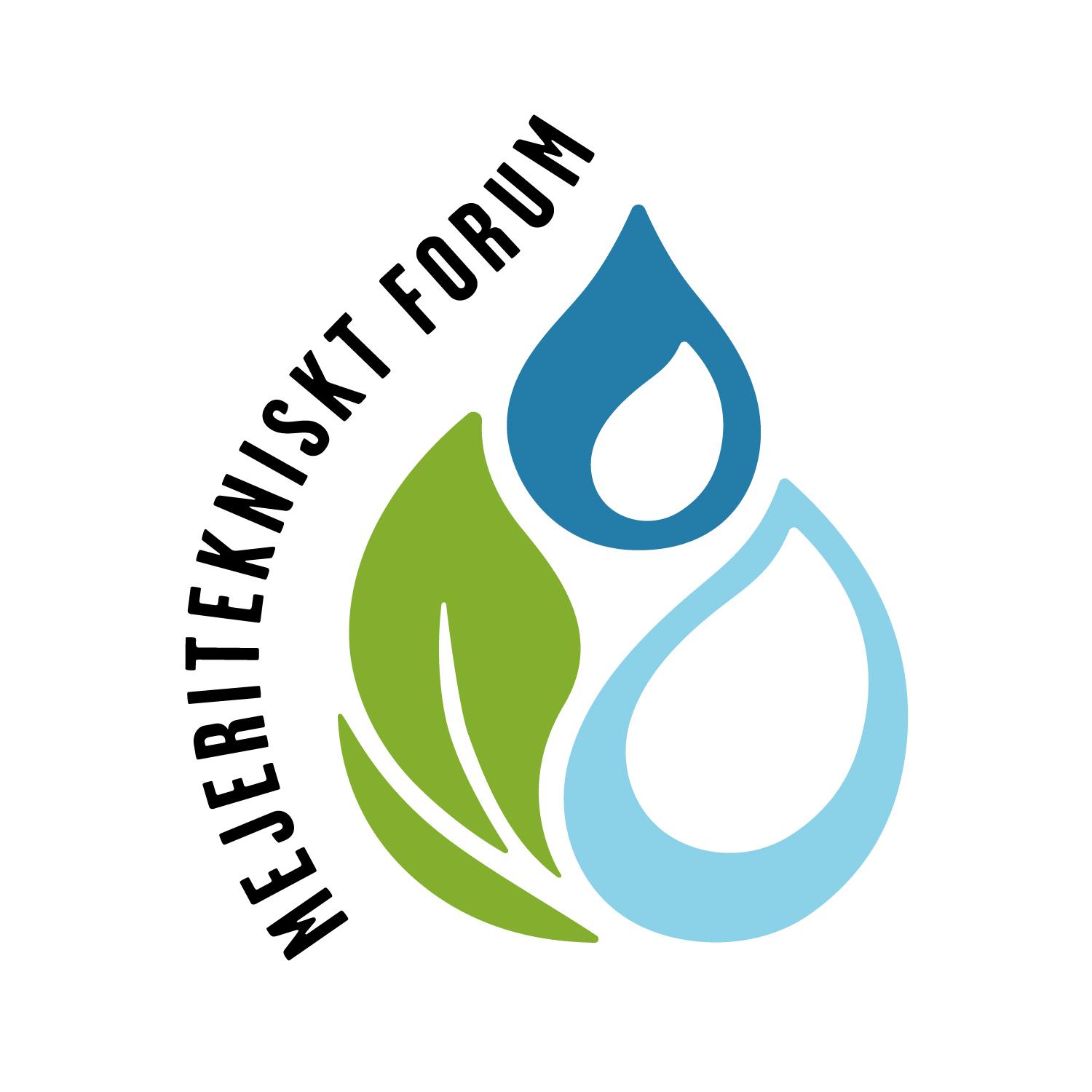
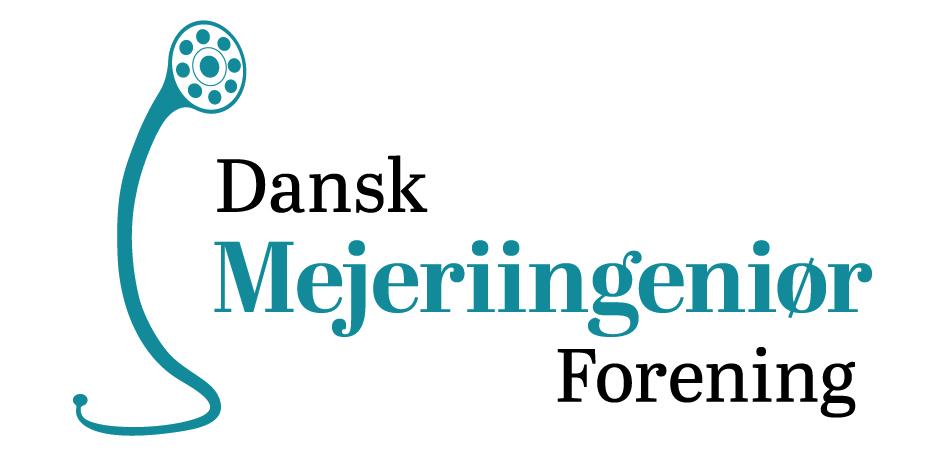
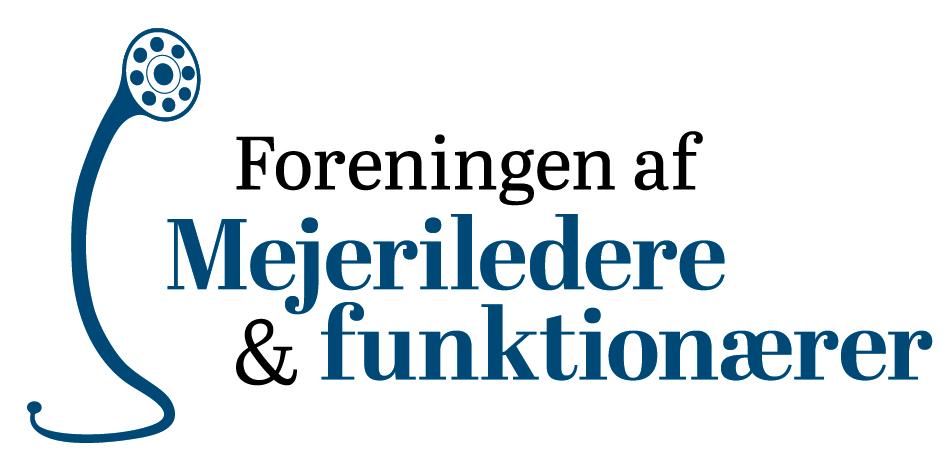



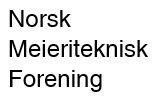
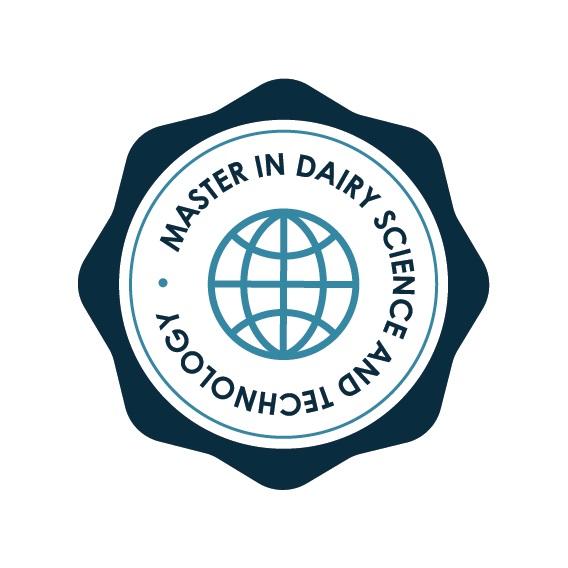


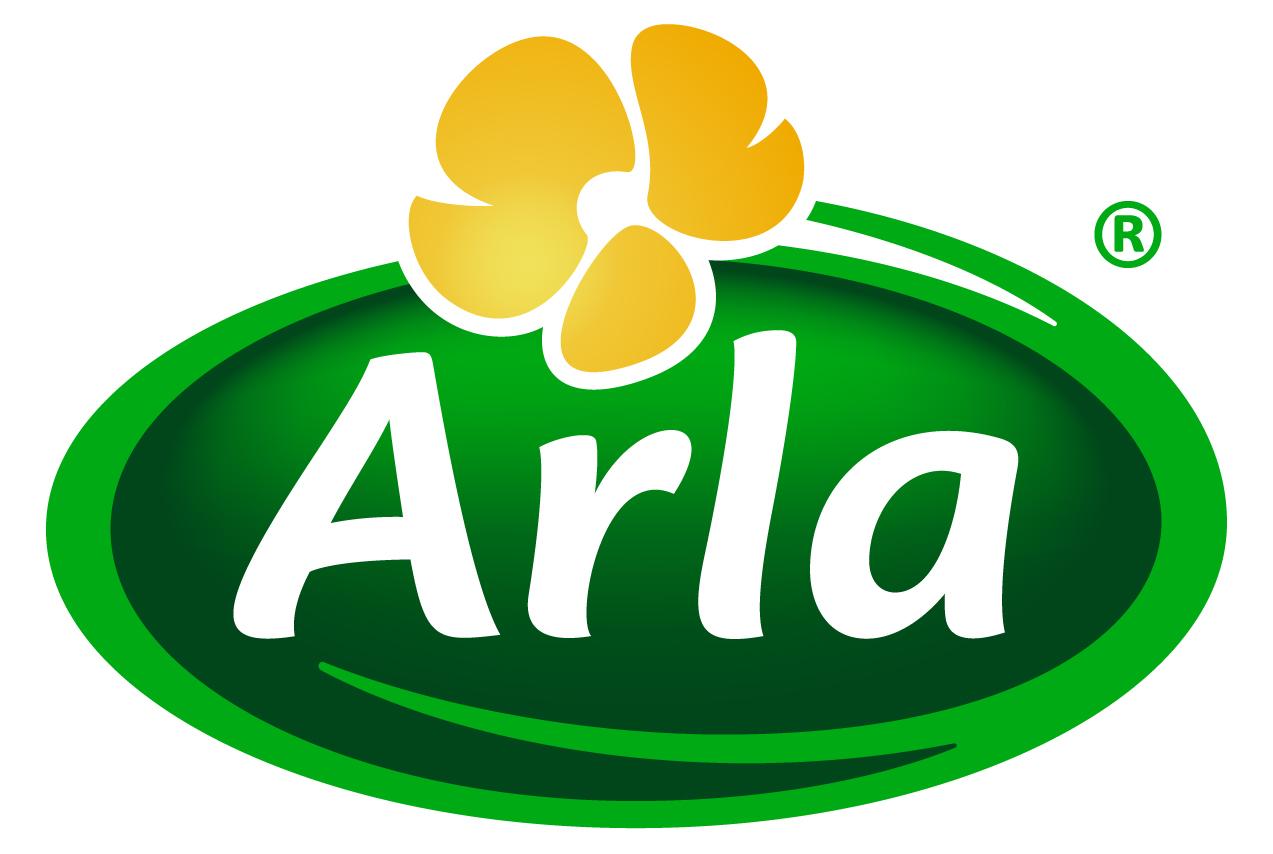

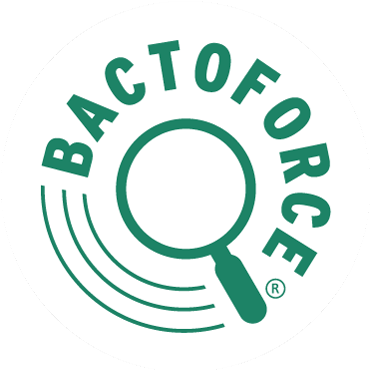

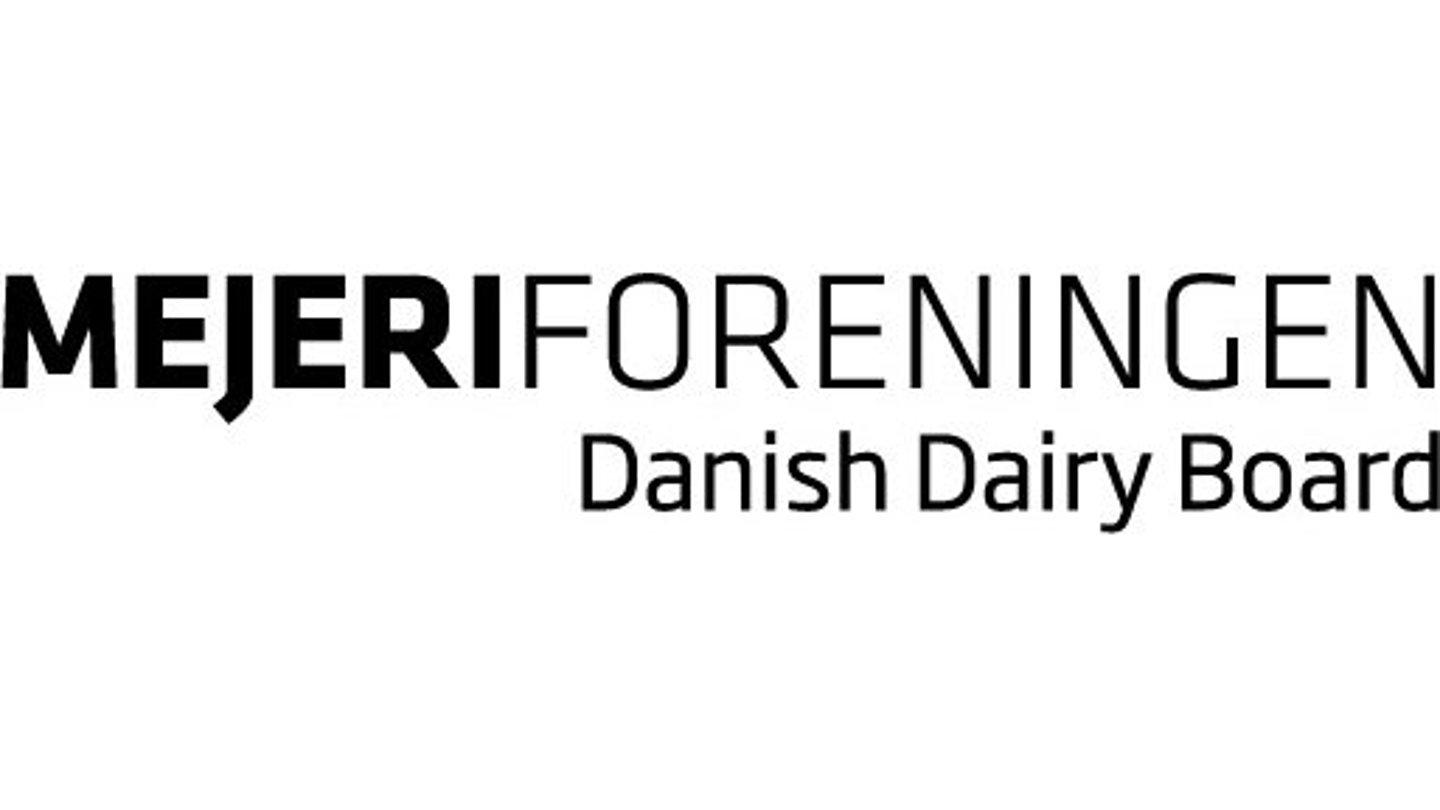
 Munkehatten 28
Munkehatten 28